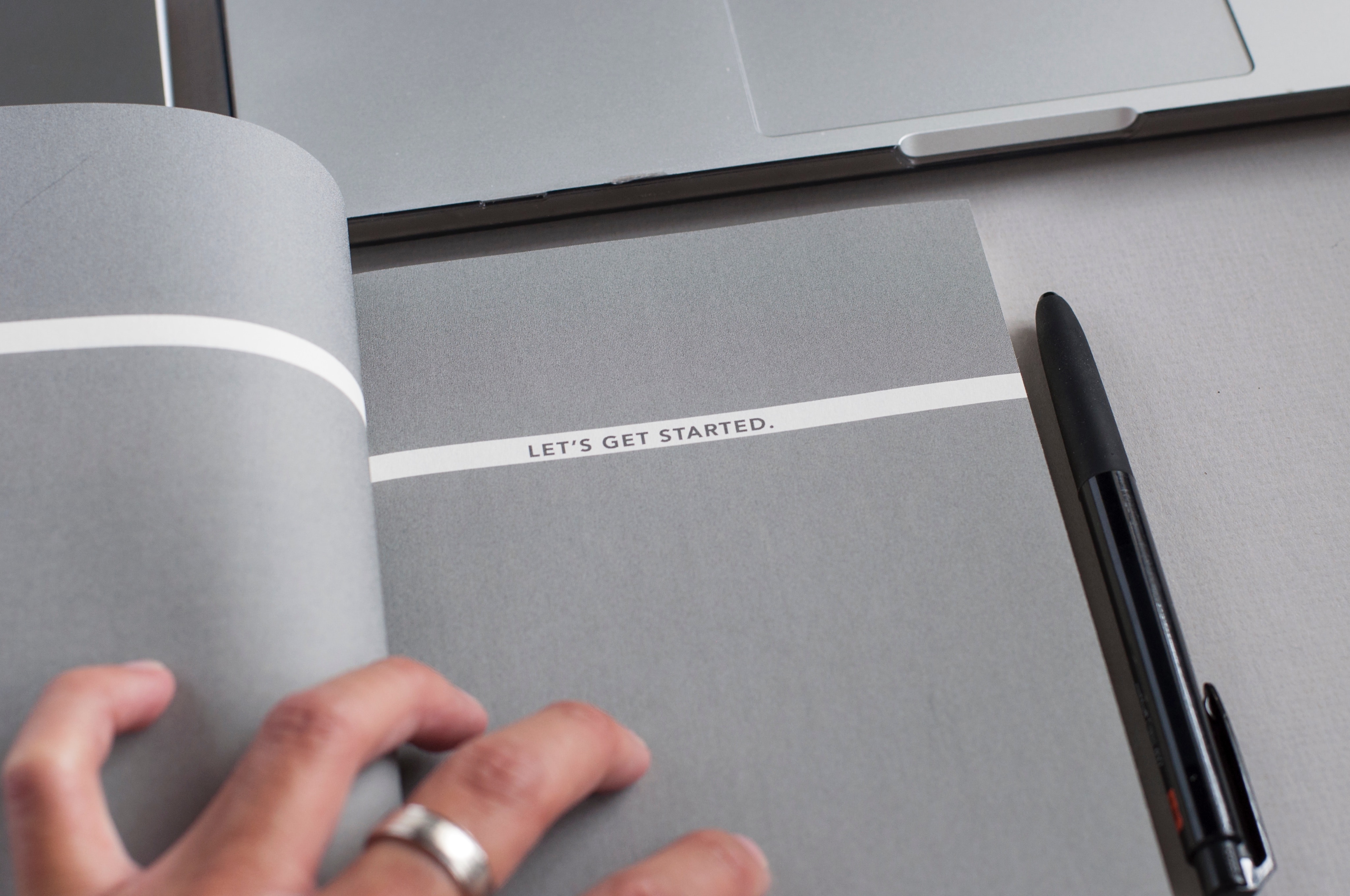One of my biggest reasons for procrastinating is not knowing what to do. I always imagine that it’s going to take me ages to learn, that it’s going to be really hard and/or that I’m going to be rubbish at it. That’s a limiting belief right there! So here’s what I’ve learned about how to get started when you don’t know what to do.
A case of the ‘what-ifs’
The problem with this limiting belief is that it starts pervading the rest of your life and decision making! You start wondering if you can do anything. The voice inside your head can move into a critical mode and tell you that it’s scary, difficult, that you’re not capable. It goes into overdrive with the ‘what ifs’.
This can cause anxiety, worry, stress, guilt. This feels overwhelming and so, we do nothing at all. It’s worth having a look at the Eisenhower Matrix as well (this feeling would fall into the bottom right corner). This is why I (and many others) procrastinate at this point.
The one thing to get started when you don’t know what to do?
Do something. Anything. Some folks go big, that’s cool for them. My advice? Pick the smallest thing and do that. Give yourself a deadline or put it on a list to tick off if you prefer that.
Taking action brings freedom to choose and change. It brings relief, pride, resilience. It brings information to make new decisions.
Getting started doesn’t have to be perfect, you don’t have to be perfect. You’re going to make mistakes, we all do that. It’s what helps us grow. Remember too that as much as we try, we cannot prepare for every eventuality. I know, I’ve tried. I was preparing for baby number two. When I thought I’d finished and got it all covered, life surprised me; she came a month early and I was not at all prepared for that!
So breathe, it’s ok to worry, that’s normal but when it stops you reaching your goals it’s time to get help and/or make some small changes. Acknowledge your feelings and work through them. There is no right way to do things, it’s time to do it your way.
What about the ‘not knowing’?
The great thing about not knowing something is that we don’t know it. We don’t even realise we don’t know it to start off with. This is the start of the conscious competence ladder. It’s called unconscious incompetence. Then we realise we know something but not everything and we might give ourselves a hard time but we might also ask for help. This is the conscious incompetence phase. We might practice the skill and get better at it. We feel confident in our ability. This is conscious competence. Finally, we can zone out, we do it without thinking. This is unconscious competence.
The good thing about all of this is that we learn. So if you know that you don’t know something or that you have a gap in your skillset, do something about it. If you need to learn it, find out where you can get information from then research it and find a method that works for you i.e. ask for help and/or help yourself. If it doesn’t need to be you, delegate it to someone else.
You’ll know if you’re heading down the ‘wrong’ path for you. Your senses will tell you, trust them. Remember that we don’t know what we don’t know and so we have to trust ourselves. We make any decisions with the information we have at the time and we can almost always change our mind if we receive additional information. You don’t need to know how to trust yourself, you just do it and you’ll feel it. You’ll know if you’re heading down the ‘wrong’ path for you. Your senses will tell you, trust them.

